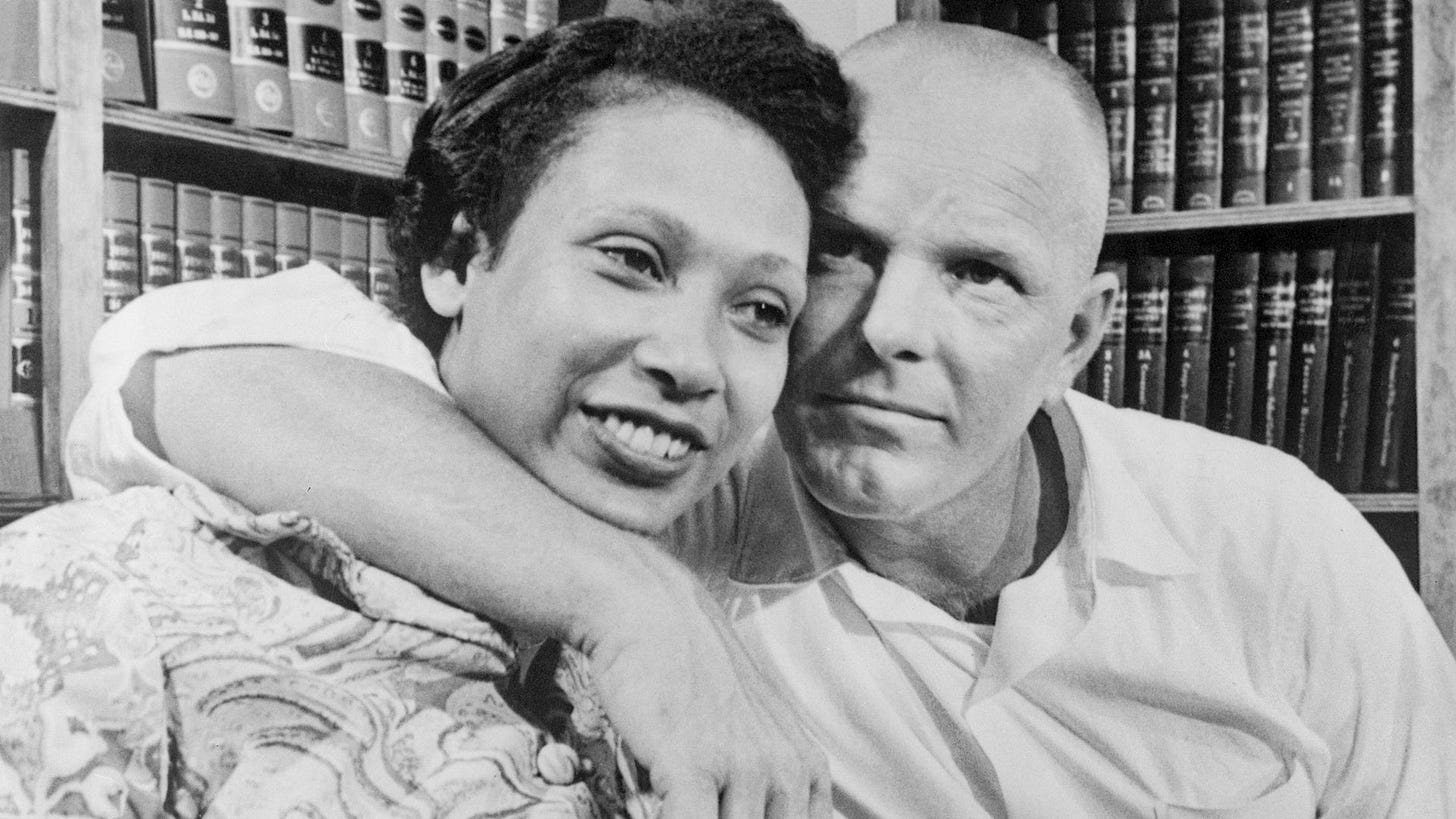So, I have a confession: I am a Kenny Chesney fan. His song "Get Along" has always been a favorite of mine, but it didn’t achieve great significance in my mind until I started this job. As many of you know, I am the Director of Legal Advocacy for FAIR, and a big part of my job is fielding complaints from people who have faced discrimination at work or their children’s schools. Some have been outright barred from participating in events and activities based solely on their skin color. Others have been compelled to participate in discriminatory practices against their wishes for the same reason. Suffice it to say, the stories I hear are often quite grim and don't showcase the best of humanity. Instead, they frequently highlight discriminatory “DEI” efforts—present discrimination as a means of correcting past discrimination. These tactics are inherently flawed and bound to fail.
When the so-called “great awokening” began to sweep the country in 2020, my primary feeling was confusion. We were told that America is a systemically racist country and that the opportunity to succeed depended entirely on one's skin color. That racism was not in fact discrimination against an individual based on their race, but that racism = prejudice + power. The proposed solution was to decolonize America—a revolution.
I was confused by these proclamations because, as far as I could tell, they were not entirely accurate; many were themselves fundamentally racist. Has America and its leaders made horrid, unthinkable mistakes throughout history? Definitely. Do racist people still exist in America today? Of course. It’s the sweeping generalizations of the new orthodoxy that are suspect. Quite frankly, based on what I can see with my own eyes, it’s nonsense. However much actual racism there is in the world today, it is amplified 10X the moment you open social media. I have found that if we let it, sometimes the real world might just pleasantly surprise us.
Every member of a group categorized based on shared skin color does not think or act the same as the others. Nor does one’s likelihood of success in life depend on which group they are assigned to. Race-essentialist and reductive notions like these aren’t just crude, they’re wildly improbable. They’re also dangerous. What could go wrong in resurrecting the pernicious principle that the law might rightly treat people differently based on their immutable traits, so long as it fits the popular narrative of the day? The current dogma of “intersectionality” and “oppressors versus oppressed” is ultimately a losing proposition. It will logically fail on its own, and I believe that failure will be accelerated by love.
Fifty-seven years ago today, the Supreme Court handed down its opinion in Loving v. Virginia, the case that challenged anti-miscegenation statutes in several states. The plaintiffs, Mildred Jeter, a black woman, and Richard Loving, a white man, were married in the District of Columbia and then returned to Virginia to establish their marital home. Soon after, a grand jury indicted the Lovings for violating Virginia’s ban on interracial marriage. The Lovings appealed, and once their case reached the Supreme Court, justice was finally served. The Court ruled that our Constitution does not allow a state to prevent you from marrying someone simply because you don’t share the same skin color. For me, this history gives the slogan “Virginia is for lovers” a special meaning.
We’ve all probably felt the power of indeterminable forces trying to divide us based on immutable characteristics. After searching widely to find the exact source of this power, I still couldn’t tell you what it is. But I grow more and more convinced that it’s mostly imagined, fueled primarily by our willingness to give it oxygen. Thankfully, these misguided forces are weak; they only survive when we choose to breathe life into them. At the end of the day, they are built upon one critical, fatal flaw—they ignore that our common humanity transcends immutable traits. Love overlooks those differences, and now, so too does the law.
On this Loving Day 2024, we’d do well to remember that fact. Instead of allowing the ideological forces to divide us, we should take Kenny Chesney’s advice: “Always give love the upper hand. Paint a wall, learn to dance. Call your mom, buy a boat. Drink a beer, sing a song. Make a friend.” Do these basic human things and live by love—the rest will work itself out.
We welcome you to share your thoughts on this piece in the comments below. Click here to view our comment section moderation policy.
The opinions expressed here do not necessarily reflect those of the Foundation Against Intolerance & Racism or its employees.
In keeping with our mission to promote a common culture of fairness, understanding, and humanity, we are committed to including a diversity of voices and encouraging compassionate and good-faith discourse.
We are actively seeking other perspectives on this topic and others. If you’d like to join the conversation, please send drafts to submissions@fairforall.org.




This is beautiful! And, I've never really thought about it, but I think that what I hate so much about the new trend is that it pretends that because I am a white female, I am like all other white females. Even my husband will tell others that I am weird and not at all like anybody else. That can be good or bad, I guess, but I dont want to be in a box. And, I'd be willing to bet not many people do. Love does win. I'm going to keep this in my heart today.
We've clearly made progress. In a world where US approval of marriage between blacks and whites has gone from 4% to 94% much has gotten much better and is worth celebrating.